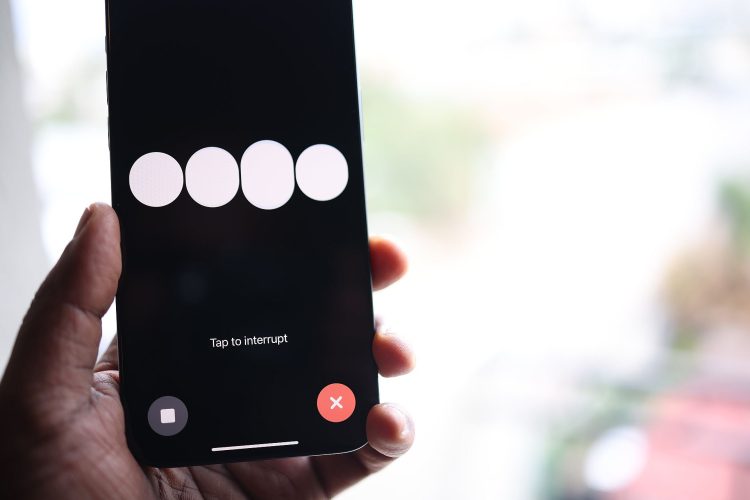OpenAI has delayed the launch of its advanced Voice Mode for ChatGPT, originally scheduled for late June, to sometime in July. This feature, initially shown in May, will undergo an alpha release with a small group of users before a broader rollout, potentially in fall 2024.
Why does OpenAI delay ChatGPT’s new voice mode?
OpenAI has announced a delay in the rollout of ChatGPT’s new Voice Mode due to several key reasons aimed at ensuring a robust and user-friendly experience:
- Content detection and safety improvements: OpenAI is actively enhancing the Voice Mode’s ability to detect and appropriately handle various types of content. This includes refining mechanisms to reject potentially inappropriate or harmful content, which is crucial for maintaining a safe environment for users.
- User experience enhancements: The company is focusing on optimizing the overall user experience. This involves fine-tuning how the Voice Mode interacts with users, ensuring responses are natural, coherent, and aligned with user expectations.
- Infrastructure scaling: To support real-time responses across potentially millions of users, OpenAI is preparing its infrastructure to handle the increased demand expected with the rollout of Voice Mode. This scalability preparation is essential to maintaining the quality and responsiveness of the service under varying usage conditions.
- Iterative deployment strategy: OpenAI plans to start with an alpha release to a small group of ChatGPT Plus users. This phased approach allows them to gather feedback, address any issues identified in real-world usage, and iteratively improve the feature before a broader release.
- Compliance and ethical considerations: Ensuring that the Voice Mode meets internal safety and reliability standards is paramount for OpenAI. This includes adhering to ethical guidelines and legal considerations, particularly regarding content handling and user privacy.

By addressing these aspects comprehensively, OpenAI aims to deliver a Voice Mode that not only meets technical standards but also enhances user trust and satisfaction.
Despite the delay, other features like video and screen sharing capabilities will proceed as planned. The Voice Mode’s introduction faced controversy over its default voice resembling Scarlett Johansson, leading OpenAI to remove the voice.
Featured image credit: Solen Feyissa/Pexels





